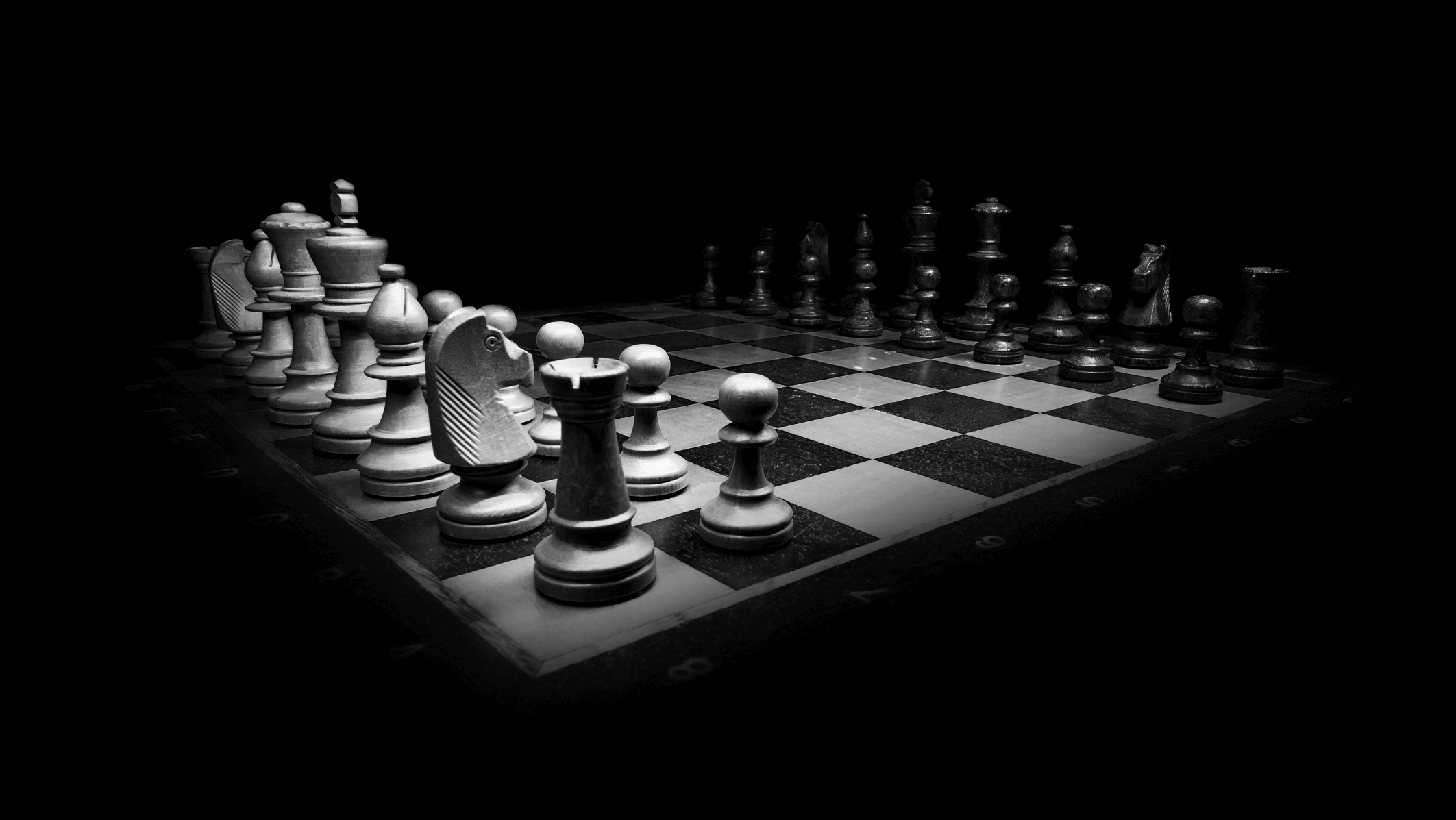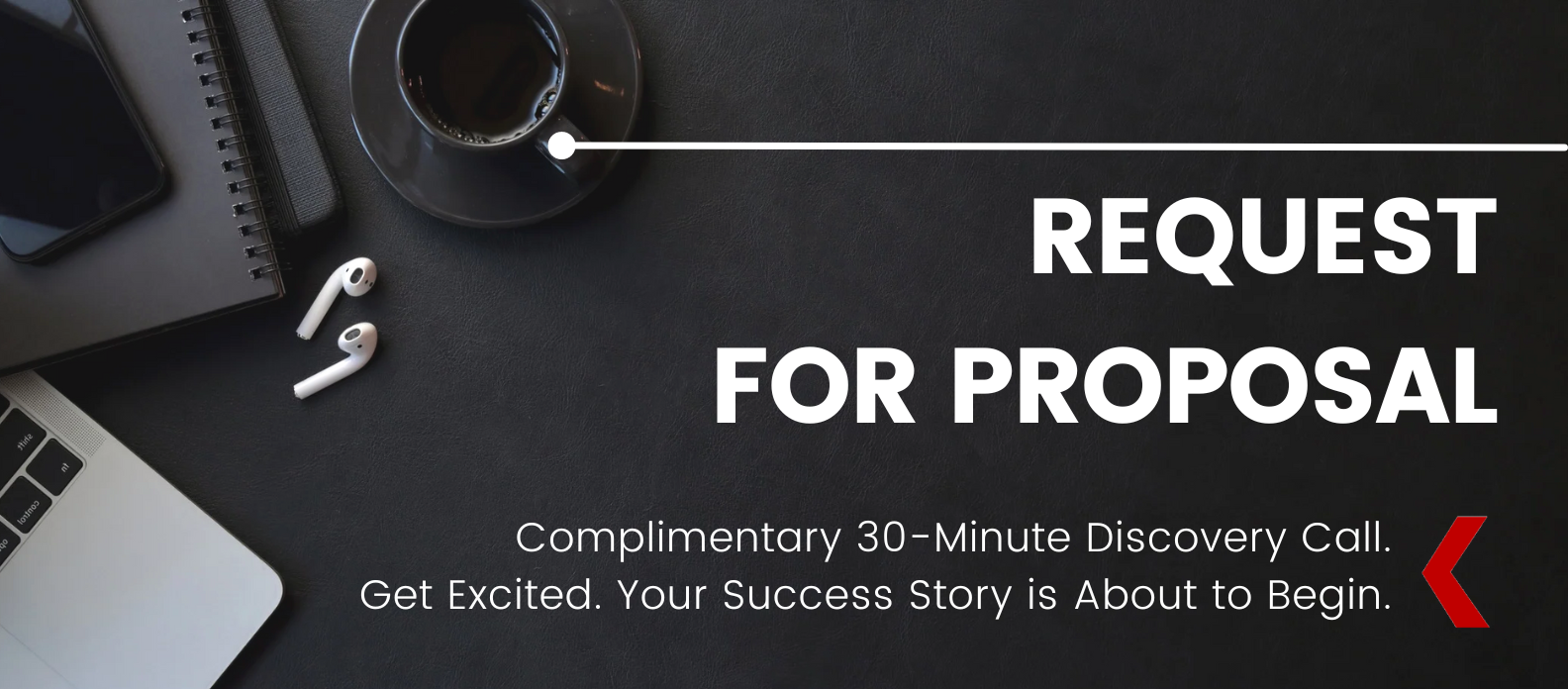Critical Thinking: Unlocking Success in Hospitality
by Doug Radkey

In hospitality, where creativity meets both precision and guest expectations, the ability to think critically is not just an asset, it’s truly a non-negotiable.
Whether you’re starting a new bar, stabilizing a restaurant, or scaling a hotel operation, critical thinking forms the framework of every successful decision.
When working with clients, I always look to emphasize this mindset in everything we do together. Why? Because we’ve seen its transformative impact firsthand.
Critical Thinking: A Mindset, Not Just a Skill
Critical thinking isn’t a one-time effort; it’s a continuous state of mind.
It requires being open-minded, curious, and analytical while maintaining the discipline to question assumptions, consider diverse perspectives, get creative, and rely on evidence for decision-making.
It’s about asking some potentially tough questions:
- Why is this the right choice?
- What are the potential consequences?
- How can we improve this process?
But more importantly, it’s about cultivating thinking skills such as interpretation, analysis, evaluation, explanation, and self-regulation to create strategic clarity.
Let’s explore how these skills directly impact the hospitality industry’s three critical phases: starting, stabilizing, and scaling.
Starting: Laying the Right Foundation
Starting a bar, restaurant, or hotel is an exciting venture. It’s also fueled by decisions that can make or break the business.
This is where critical thinking over the use of tools such as AI or templates becomes indispensable.
Interpretation Skills: Understanding the Market
Every business should begin with a feasibility study. This critical document is about analyzing market trends, target demographics, detailed sociographics, competitive landscapes, conceptual trends, and financial understanding.
For example, understanding your TAM, SAM, and SOM can clarify the concept’s alignment with market potential. Without proper interpretation of these data points, a great idea can fail to connect with its intended audience or market.
Analytical Skills: Evaluating Business Models
Many aspiring operators rely too heavily on emotion when choosing a concept or location. I talked about this recently on an episode of the Hospitality Reinvented podcast.
Critical thinking helps us step back, assess the market objectively, and analyze whether the chosen model can succeed.
It’s never about what “feels” right, or “I’ve lived here my whole life, I know what people want.” In reality, it’s about what I tell everyone who says either of those things: “It’s about what works based on data and evidence.”
Asking the Right Questions
- Does this location align with my budget and target audience?
- What assumptions am I making about guest behavior?
- What if this concept needs to pivot?
Stabilizing: Building Consistency and Efficiency
Once a hospitality business is operational, stabilizing it requires balancing guest satisfaction with operational excellence.
Critical thinking becomes the tool to identify inefficiencies, and adapt to challenges.
Evaluation Skills: Assessing Operations
Stabilizing a restaurant or hotel often involves analyzing the flow of operations.
Are staff members supported by efficient systems? Is inventory managed effectively?
Evaluating these aspects (and others) ensures that the business runs smoothly, even during peak times.
Self-Regulation Skills: Overcoming Bias
Operators in this industry often struggle to let go of ideas that don’t work. Have you ever sat inside a bar or restaurant that used to be busy all of the time, but now you’re one of only a few guests?
They didn’t let go of the past.
Self-regulation allows leaders to examine their biases, question their own decisions, and pivot when necessary.
For example, if a signature dish that uses a family recipe isn’t selling, it’s time to evaluate why, and consider alternatives rather than holding onto it for sentimental reasons.
Key Questions
- What operational processes are causing delays or errors?
- Am I listening to both staff and guest feedback objectively?
- How can we improve efficiency without compromising quality?
Scaling: Preparing for Sustainable Growth
Scaling a hospitality business requires both vision and precision. It’s about replicating success without diluting the brand, and critical thinking provides the roadmap.
Inference Skills: Predicting Outcomes
Scaling involves making assumptions about new markets, guest preferences, and operational challenges.
By questioning the evidence and forming well-founded hypotheses, operators can make informed decisions about where and how to grow.
Explanation Skills: Communicating Vision
Whether it’s presenting a pitch to investors or aligning staff with a new strategy, scaling requires clear communication.
Critical thinking ensures that every argument is backed by data and articulated with precision, thereby building trust and alignment among all stakeholders.
Key Questions
- What do industry and market trends tell us about future opportunities?
- How do we maintain brand consistency across multiple locations?
- What risks should we prepare for between now and full expansion?
Critical Thinking at KRG Hospitality
At KRG Hospitality, we integrate critical thinking into every aspect of our work.
Here’s how:
- Open-Minded Collaboration: We listen actively to our clients, and challenge conventional thinking to uncover innovative solutions or blue ocean opportunities.
- Data Driven Decisions: By interpreting each client’s unique needs, we craft strategies that align with their vision while ensuring practicality and scalability. From feasibility studies to business plans, we rely on evidence to guide strategy, not assumptions.
We also encourage our clients to adopt a critical-thinking mindset as they navigate all of the phases of business development.
Below, a few habits we help clients develop.
Vet Information
- Question the credibility of data sources.
- Ask what evidence supports a specific claim, and whose perspective is missing.
Ask Questions
- Channel curiosity by exploring deeper inquiries, such as why, how, and what happens if we encounter various situations.
- Use follow-up questions to uncover insights and challenge assumptions.
Listen Actively
- Understand before responding. Critical thinking requires deep listening to build well-rounded solutions. (Want to learn more about the act of listening? Check out this podcast episode on listening by Jennifer Radkey on her Turn This Way podcast.)
- Engage with diverse perspectives to avoid groupthink that might set you back.
Seek Diversity
- Surround yourself with diverse voices and viewpoints to gain fresh insights, and avoid echo chambers.
Action Items to Strengthen Your Critical Thinking
How can you practice critical thinking this week?
Consider taking on the two challenges below.
- Map the Guest Journey: Outline each touchpoint on your guest’s experience, from discovering your brand, booking or ordering, their arrival to your venue, their exit, and your follow-up with them. Identify potential gaps, and brainstorm ways to elevate guest satisfaction for each touchpoint.
- Challenge Your Own Assumptions: Pick one operational or strategic belief you hold about your business. If you’re just developing your concept, maybe you believe your idea is perfect for the market. If you’re operational already, perhaps you assume that your team loves working for you, or that you the systems in place to expand. Analyze the validity of your assumptions, seek alternative perspectives, and test whether they truly hold up under scrutiny.
The Hospitality Mindset: Why It Matters
Critical thinking isn’t just a business tool, it’s a way of life that empowers you to:
- make informed decisions that align with your goals;
- navigate challenges with confidence and clarity;
- lead teams effectively by fostering open communication and collaboration; and
- position your bar, restaurant, or hotel for long-term success.
In an industry where every detail matters, adopting a critical-thinking mindset ensures you can respond to challenges proactively, adapt to change, and create experiences that guests remember for a lifetime, thereby creating a true legacy.
Image: Canva

Book Below to Setup a 30-Minute Complimentary Discovery Call and Request for Proposal.
